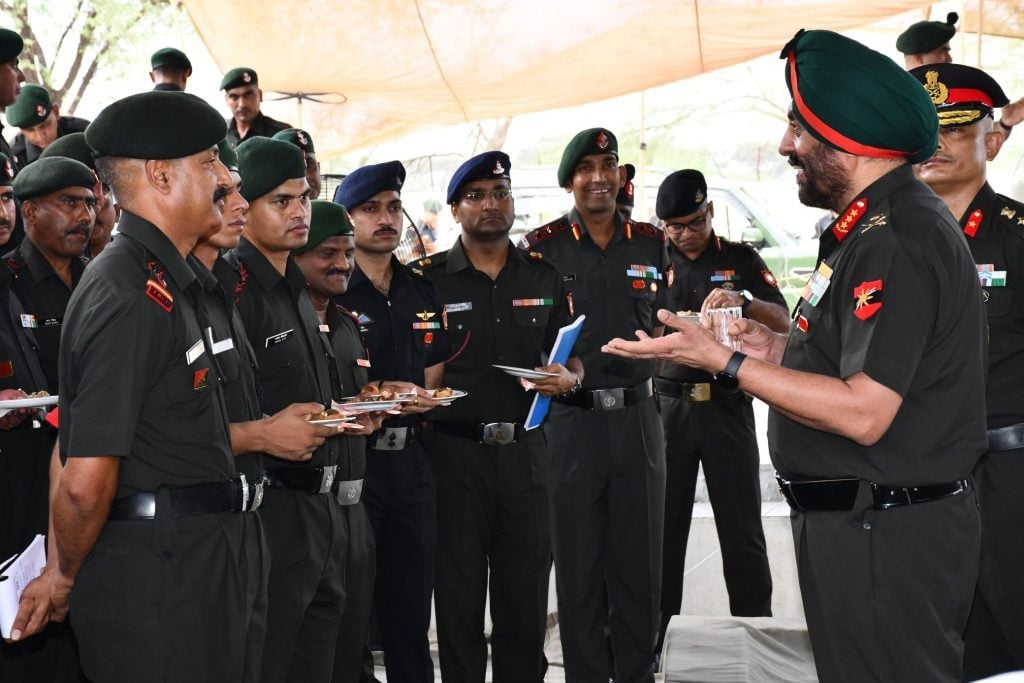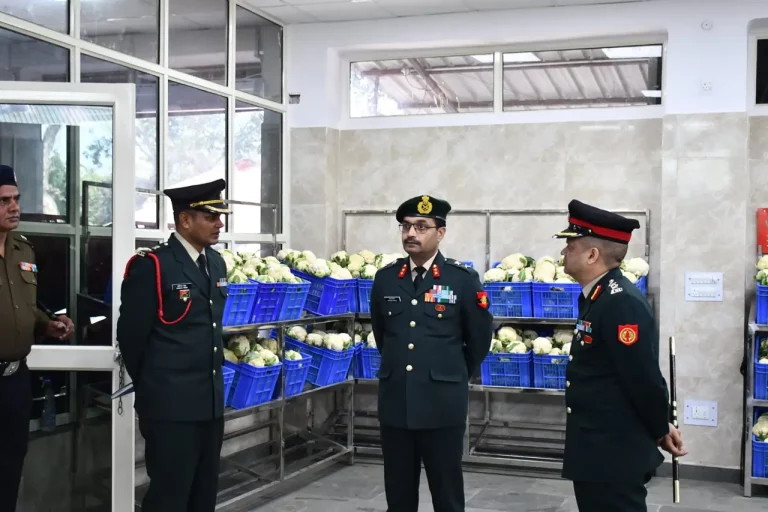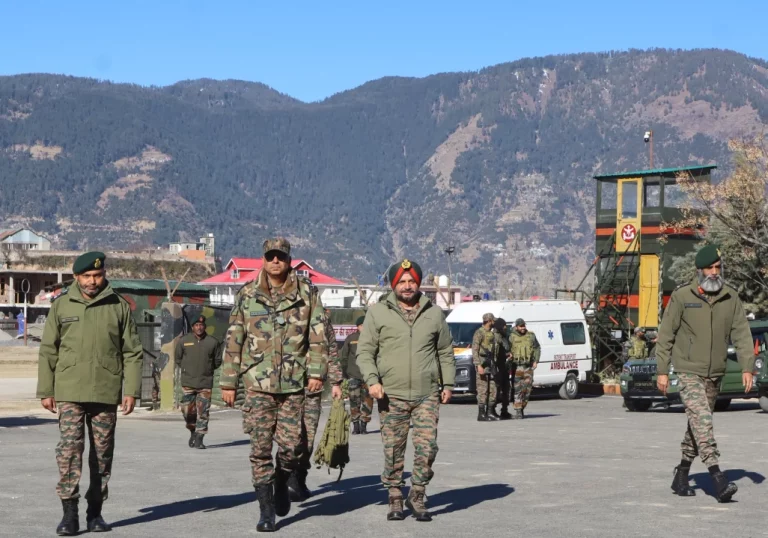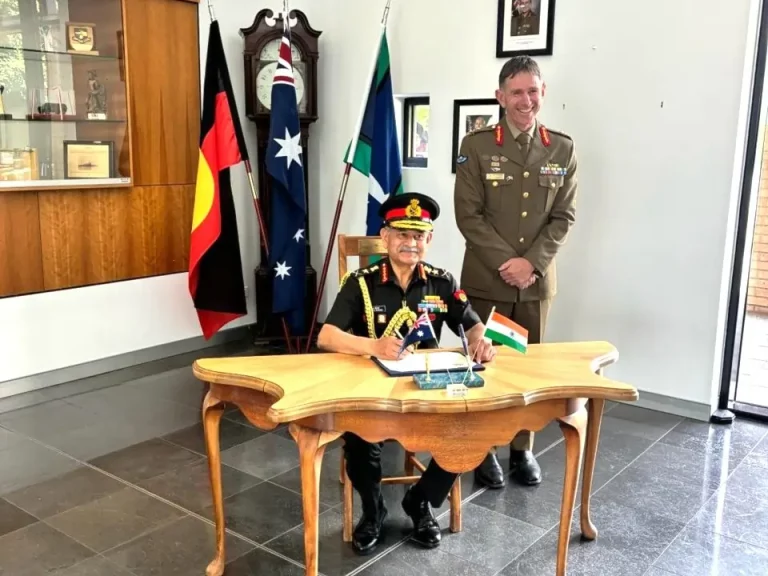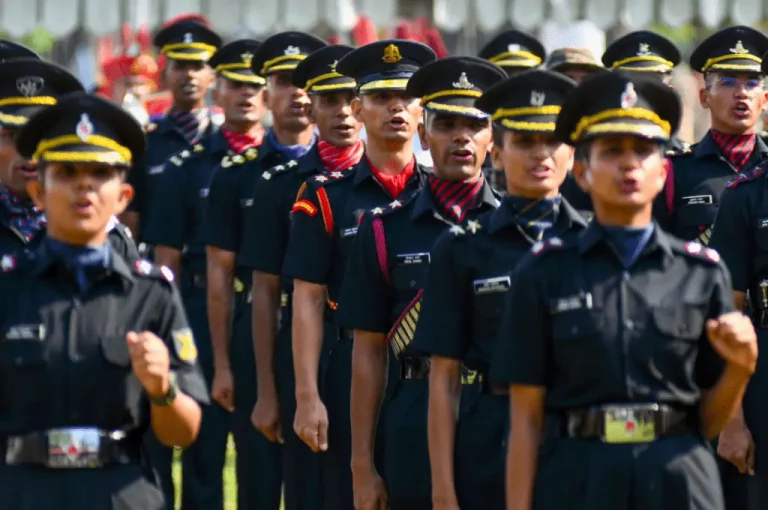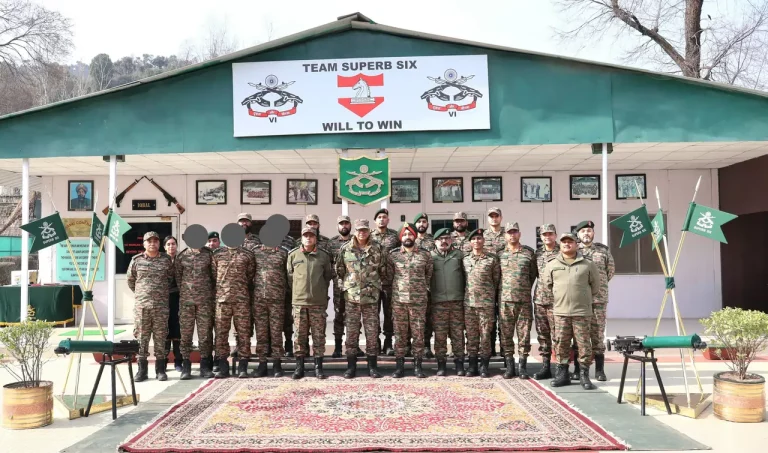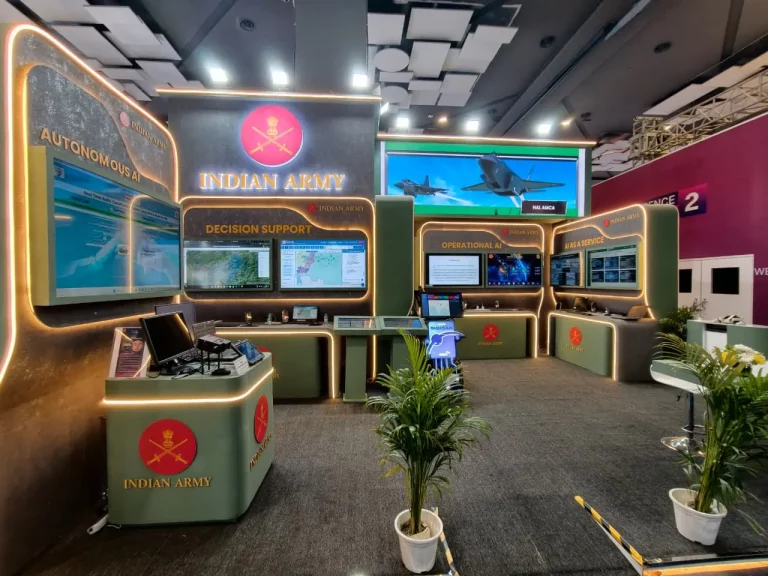Lt Gen Manjinder Singh, the Army Commander of the South Western Command, conducted a comprehensive evaluation of operational readiness at the Fazilka and Abohar Military Stations. This visit underscores the Indian Army’s ongoing commitment to enhancing defense capabilities in the strategically significant region along the India-Pakistan border.
During the inspection, Lt Gen Singh meticulously assessed the combat readiness of various formations currently deployed in the area. He observed ongoing training exercises specifically designed to boost operational efficiency and adaptability in combat scenarios. The Army Commander stressed the importance of professional excellence and encouraged troops to embrace advanced technologies. He highlighted the need for alignment with the Army’s Decade of Transformation initiative spanning from 2020 to 2030, which focuses on modernization efforts, including the phase-out of older platforms like the Cheetah and Chetak helicopters in favor of indigenous Light Utility Helicopters.
In his interactions with the troops, Lt Gen Singh commended their high morale and discipline, emphasizing that these qualities are essential for maintaining national security. His visit follows a region-wide mock blackout drill conducted on May 31, 2025, which aimed to enhance wartime preparedness and improve coordination in response measures.
Military analysts observe that high-level reviews such as this not only bolster confidence among personnel but also enhance unit cohesion and overall preparedness in frontier areas. Leadership interactions, combined with innovative training methods, are considered crucial for sustaining operational efficacy in volatile regions.
The Indian Army remains focused on technological self-reliance and modernization. Initiatives like those from the Sapta Shakti Command are viewed as fundamental to fortifying India’s western borders and adapting to future combat requirements, ensuring that the force is well-equipped and ready to face any challenges that may arise.
